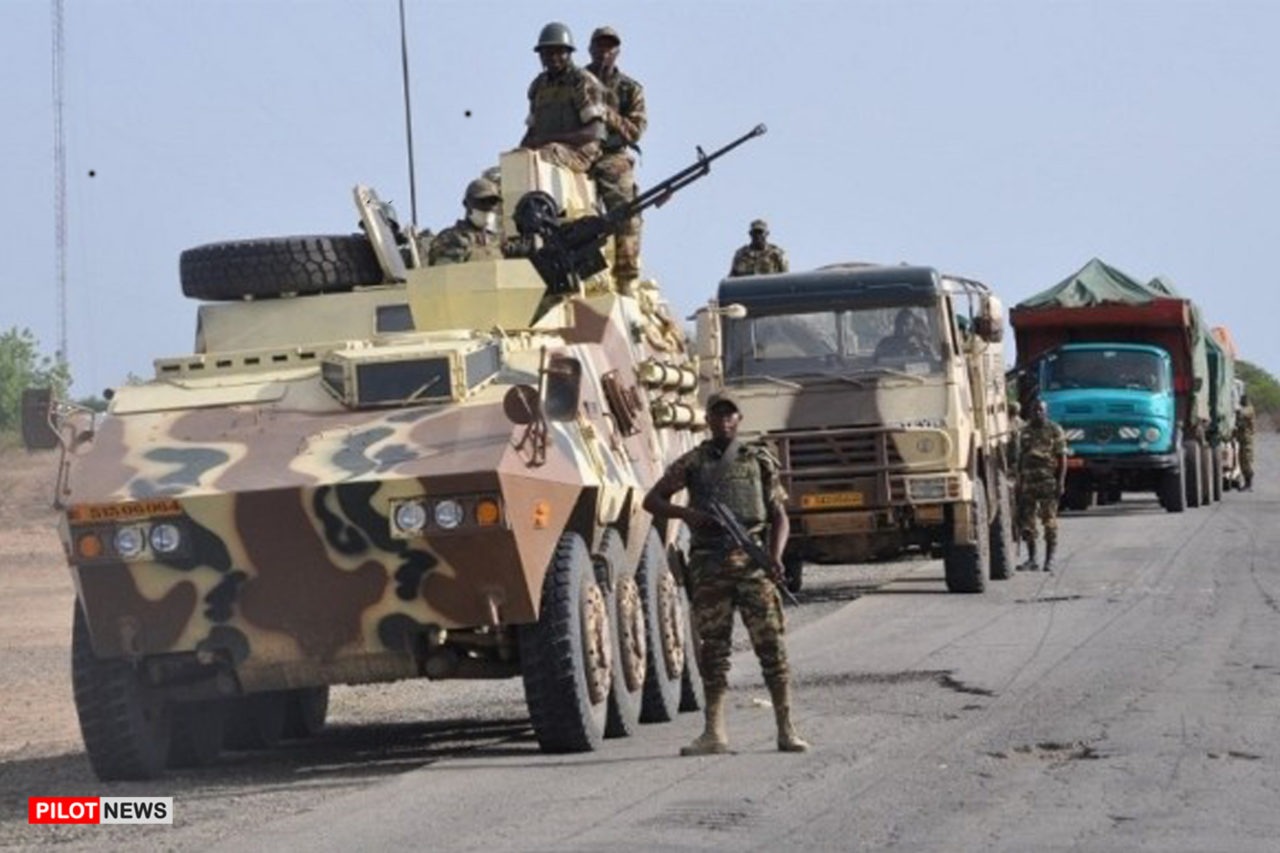For almost twelve years now, the Military in Nigeria has been fighting Boko Haram insurgents in the Northeast and Northwest and other parts of Nigeria, yet the terrorists continued with their heinous acts on communities.
It is against this background that the Centre for Information Technology and Development (CITAD) a non-governmental organization based in Kano conducted research in 2020 in Adamawa, Borno, Yobe, and Kano on how to use non-violent mechanisms to end insurgency in the country.

Presenting the document to the public in Yola, the Adamawa state capital, Hamza Ibrahim, Researcher and Communication Associate with CITAD said the policy brief is a product of research conducted in four states of Northeast and Northwest titled “prospects and challenges on non-violent resolution of insurgency in Northeast Nigeria.
Ibrahim added that the research was conducted to understand conflict dynamics with a view to see how best to end the issue of insurgency, perhaps using a non-violent approach and it is important to showcase the outcome of the research to the public.
“The policy brief contains inputs, recommendations, and solutions to the insurgency ravaging most of the Northeast and Northwest parts of the country for almost 11yrs now.
“Military actions have been around since the inception of the insurgency, but we think there is a need to look into other mechanisms that will help the military onslaught and offensive because the goal of all stakeholders is to ensure that conflict is brought to an end.
He further said the research studied the whole spectrum of conflict, understanding not only known actors, silent actors, profiteers and interest groups.
“Government and all other actors working to end the insurgency should use the policy brief as a tool, because there are specific recommendations channel to government, security, Religious and Traditional leaders, and other stakeholders in the society.
“We hope, if the current leadership of the security will lay their hands on the document, I’m very sure they will find tangible solutions to end the insurgency
.”It is our contributions to bring changes towards ending insurgency and creating lasting peace that would enable displaced people go back to their ancestral homes and continue their normal lives as before, that’s basically what we want to see”, he said.
In a remark, one of the researchers, Musa Shalangwa, a lecturer with Department of International Relations Adamawa State Polytechnic, Yola explained that people’s thoughts now are on dialogue and reconciliation concerning insurgency in the Northeast.
Shalangwa the research work, the communities interviewed said the military personnel posted to the area for counter-insurgency operations have now taken over all businesses hitherto carried by the communities including selling of fishing, shops, and beers among others.
“In Madagali at a point, the military said everybody should have an identity card to be able to move around, but we know people living in our communities are farmers generally, where do they get the identifications, the National Identification programme has not reach a point where every Nigerian has an identity card to show, and it has become a huge challenge for them to go to farms, markets and other business they do.
“Instead of the military working with the community to solve the problem, it became the community against the military, so it became a challenge in resolving the conflict.
“It is time to go back to the drawing board and look for other strategies that will involve military working with the community to solve these problems, community are vital to these process, they are the ones who live with either parent, relatives or some of the insurgents themselves, they know the terrain and can give intelligence, all these are important for fighting insurgency”, he said.
Shalangwa hoped that participants would step down what was discussed to others in the communities in resolving conflict and building trust amongst diverse groups of people.
- Former Akwa Ibom Senator Bags 7 Years Imprisonment For Receiving Bribes - February 28, 2026
- Court Sent Back Malami, Wife, Son To Prison After Re-arraignment - February 28, 2026
- Presidency Advises Atiku To Retire From Partisan Politics - February 28, 2026

